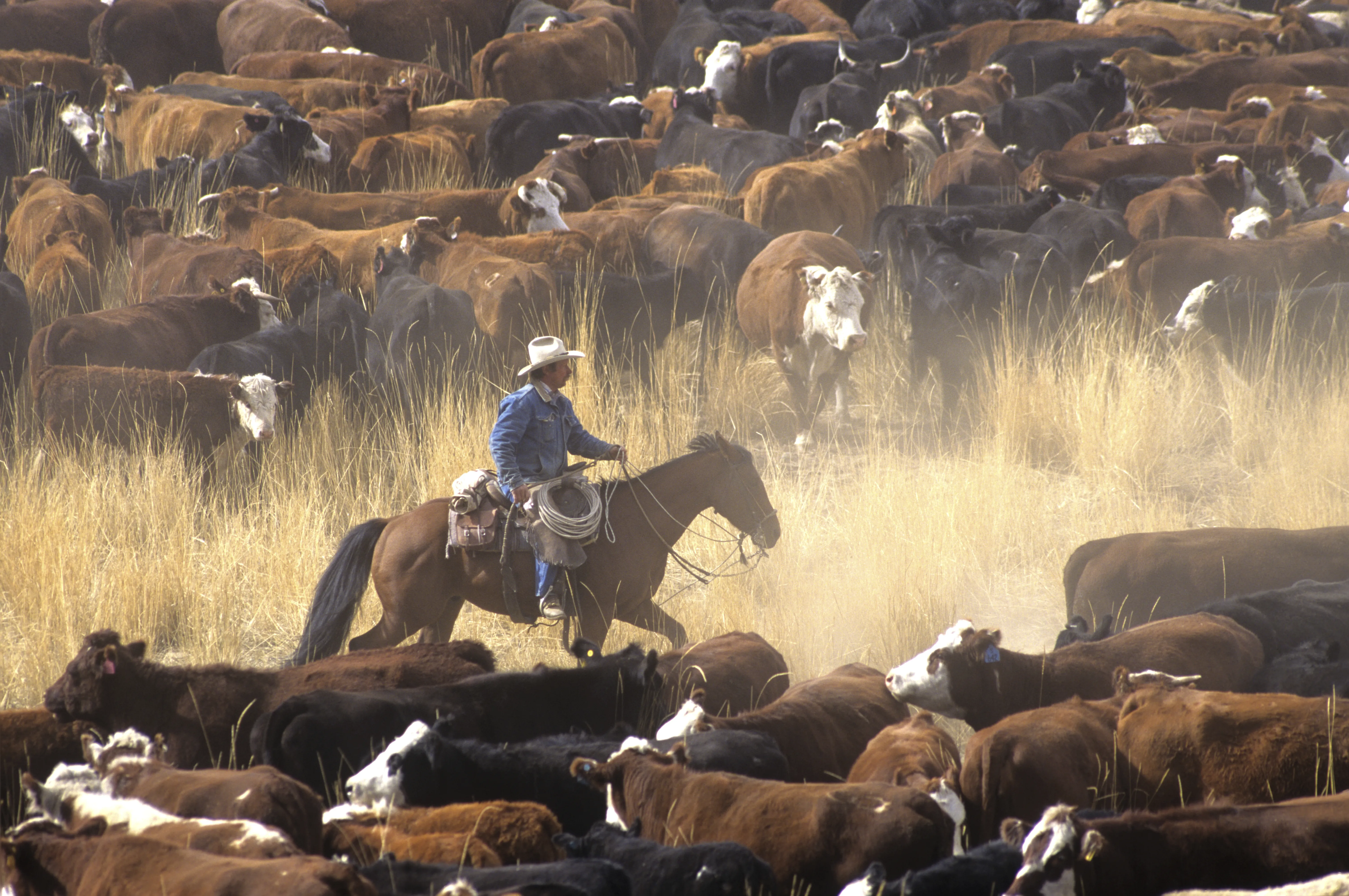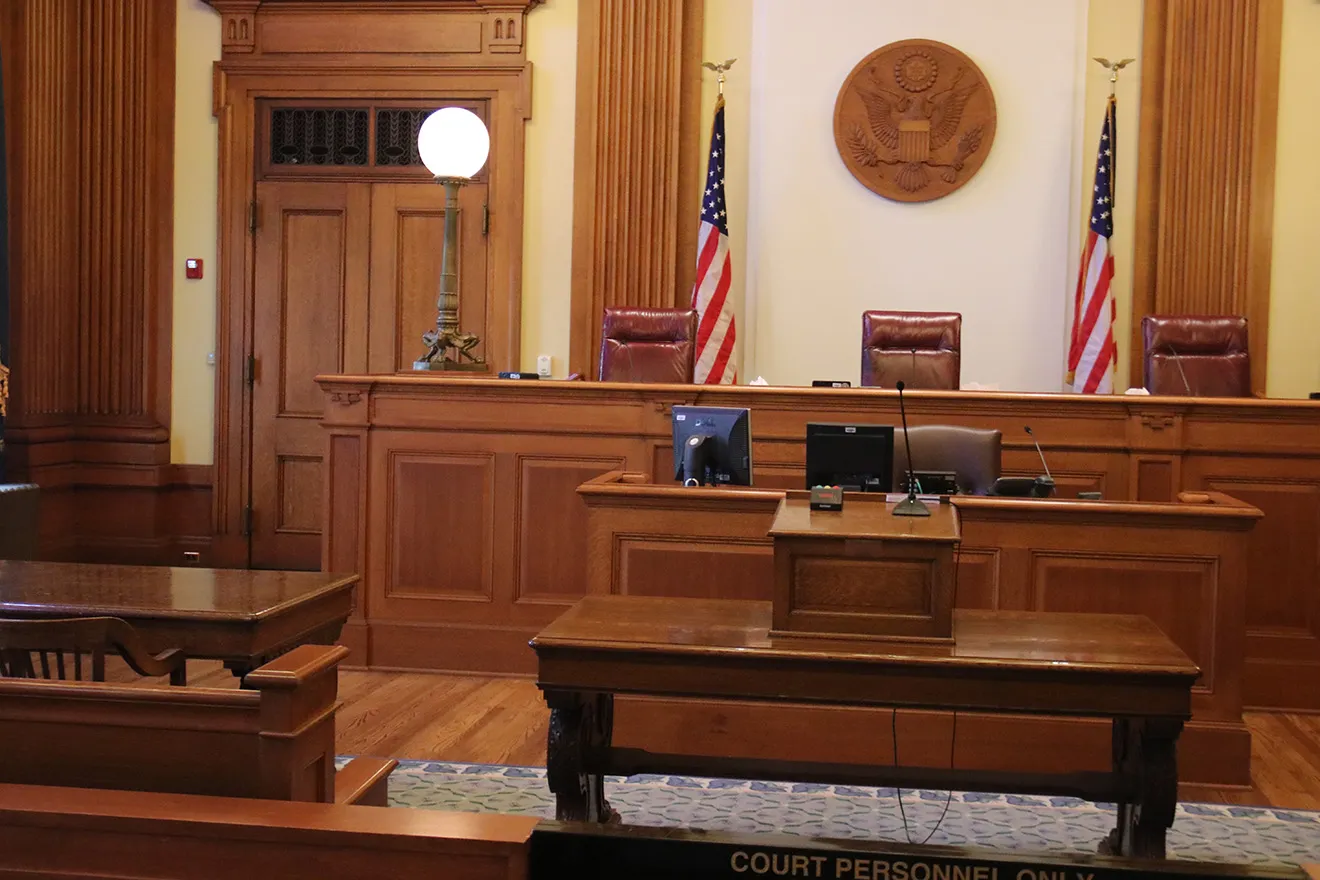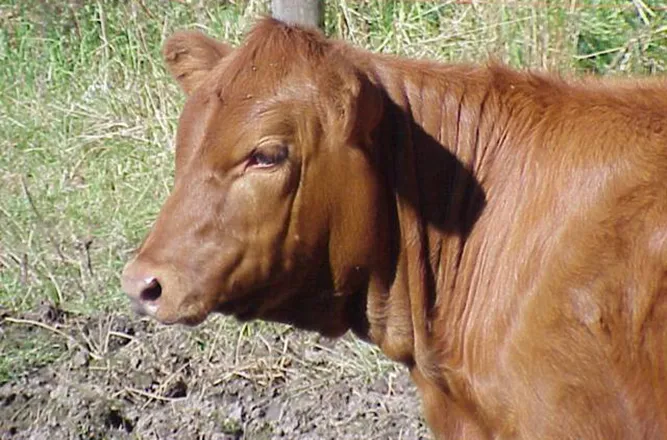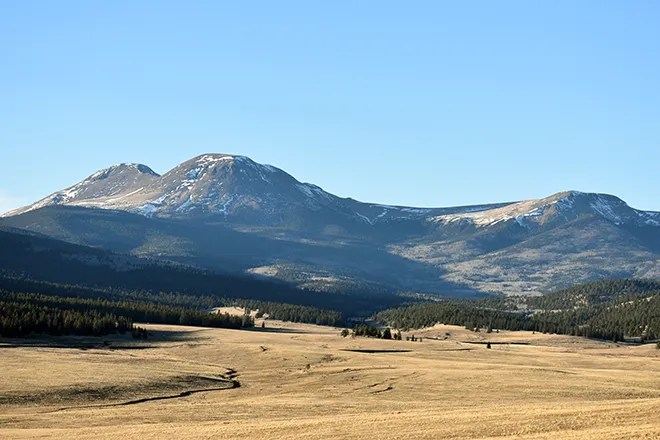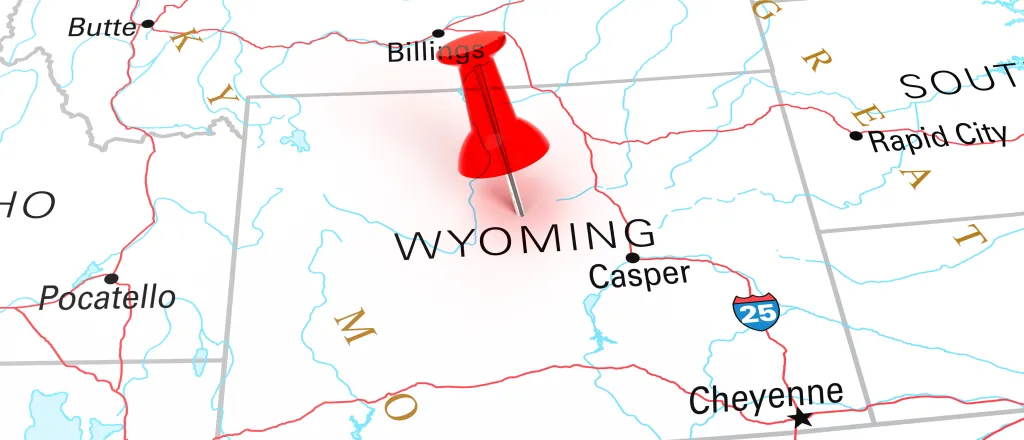
Feds ask Wyoming to recalculate cost of proposed West Fork Dam
Click play to listen to this article.
(Wyoming News Service) A federal agency is requiring Wyoming to update cost estimates for a large proposed dam in Carbon County, which has been under feasibility studies since 2008.
The West Fork Battle Creek Dam, proposed in the Medicine Bow National Forest, would be 700 feet long, about 25 stories tall and would create a 130-acre reservoir. The dam would provide late-season irrigation water to Wyoming and Colorado landowners at a projected cost of $80 million, according to a 2017 estimate.
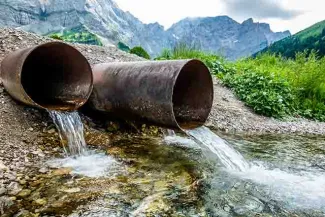
© iStock - FooTToo
Gary Wockner, co-founder and executive director of the advocacy group Save the Colorado, thinks it will cost about four times the estimate, partly due to its remote location.
"It'll be hard to get to, it'll be extremely difficult to engineer and build," Wockner contended. "In fact, it's so large and controversial, we believe that permitting and potential court challenges could cost $20 million to $30 million, alone."
The proposal requires a land swap between the U.S. Forest Service and the state, a trade state lawmakers in 2018 allocated nearly $5 million to investigate. The U.S. Natural Resource Conservation Service, the federal agency responsible for granting permits, told the State of Wyoming Water Development Office to update the cost estimate for the dam. So far, the analysis itself has cost $1.5 million.
The estimate is a vital part of the cost-benefit analysis and determines who will fund the dam. The National Environmental Policy Act requires both an analysis of the proposed plan and several alternative plans, Wockner pointed out.
"Then, you pick what's called the 'least environmentally damaging practicable alternative,'" Wockner added. "You have to have a reasonable cost estimate in order to do the entire NEPA analysis correctly."
In 2023 scoping comments on the project, Wockner argued the analysis should include an estimate of greenhouse gases the project would emit, and effects on the already over-allocated Colorado River.

